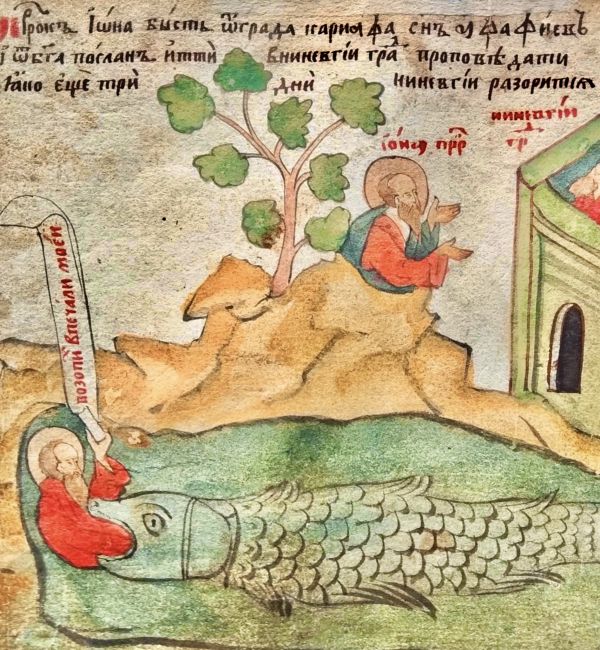In today's Gospel, the scribes and Pharisees demand a sign from Jesus, even though Christ had already given them many.
But the only saving sign given to the people of believers by the Father is Christ who died and rose again.
After his conversion, Francis understood this well and became himself a sign for all those who met him.
The Sources, in fact, speak of the servant of God in this way:
"He received from Heaven the mission to call men to weep, to lament, to shave their heads and to gird themselves with sackcloth, and to imprint, with the sign of the penitential cross and with a garment made in the form of a cross, the Tau, on the foreheads of those who mourn and weep. But he confirms this to us with his indisputable truth, the testimony of that seal which made him like the living God, that is, Christ Crucified. This seal was imprinted on his body not by the work of nature or the skill of a craftsman, but rather by the marvellous power of the Spirit of the living God" (FF 1022).
Indeed, Francis, transformed into "Alter Christus," becomes the sign of Jonah for all those he meets. Even for the brigands of Monte Casale who convert to God through his testimony.
In fact, in the Sources we read:
"In a hermitage located above Borgo San Sepolcro, certain thieves came from time to time to ask for bread [...] And behold, Francis arrived at that hermitage. The friars explained their dilemma to him: should they or should they not give bread to those criminals?
The Saint replied: 'If you do as I suggest, I trust in the Lord that you will succeed in winning those souls'" (FF 1646).
So Francis advised his friars to buy good bread and wine, go into the woods and set the table for them.
"They will come happily to eat. Treat them with respect and at the end speak to them about the Word of God, and ask them to promise not to treat people badly anymore."
The friars did as Francis had told them, and "the thieves, through the mercy and grace that God poured out upon them, listened and carried out point by point the requests made to them by the friars [...] Finally, through God's goodness and the kindness and friendship of the friars, some of those brigands entered the Order, while others converted to penance, promising [...] that from then on they would no longer commit such evil deeds and would live by the work of their hands" (FF 1646).
True witnesses of the Gospel are always an eloquent sign for everyone.
«A wicked and adulterous generation seeks a sign, and no sign will be given to it except the sign of Jonah the prophet» (Mt 12:39)
Monday of the 16th wk. in Ordinary Time (Mt 12:38-42)












